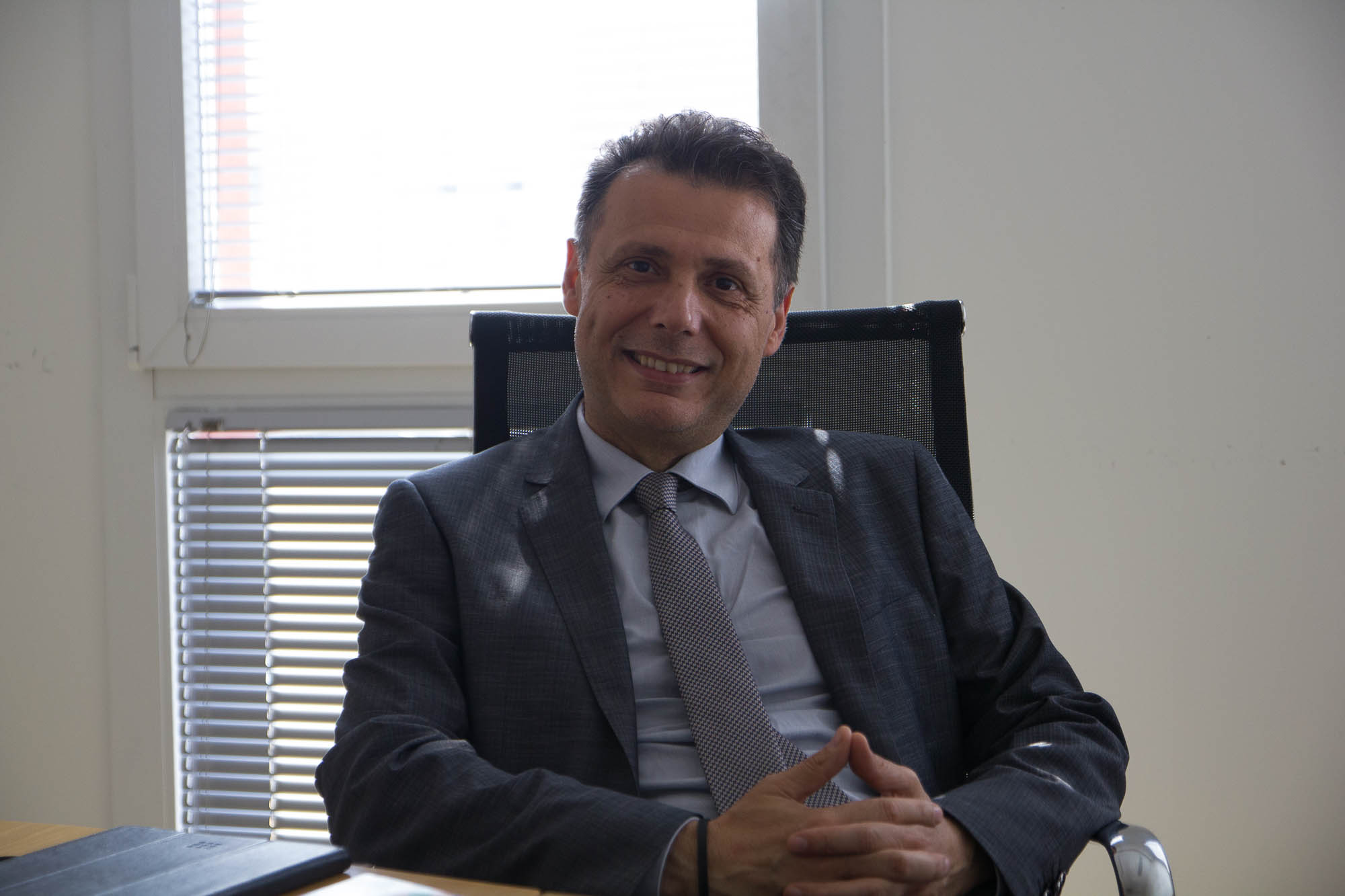 |
Luigi ROVATI
Professore Ordinario
Dipartimento di Ingegneria "Enzo Ferrari"
|
Insegnamento: Sensors and Measurement Systems for Bio-Industries
Electronics Engineering - Ingegneria Elettronica (Offerta formativa 2023)
Obiettivi formativi
The objective of the course is to provide the students with the basis for understanding and analyzing systems and components with a particular focus on sensors for medical devices.
It also provides students with the essential tools to extract useful information from a biomedical signal, interpret results considering the clinical question, and produce innovations and improvements in diagnosis and therapies with "intelligent" medical devices.
Prerequisiti
There are no specific prerequisites for the course. Nevertheless, students who do not feel confident in basic physics, mathematics, and electronic devices are suggested to review these topics.
Programma del corso
Part 1: Neurobiology and Neuroscience (about 2 CFU)
- Primer on cell neurobiology and neuroelectronics
- Introduction to Models in Neuroscience
- Simplified model of electrical activity in neurons
- Spiking neuron applications
Part 2: Extracorporeal circulation and blood filtration (about 2 CFU)
- Optical absorption and scattering
- Absorption and fluorescence spectroscopy
- Ultrasonic Sensing
- Flowmeters
Part 3: Electronics Circuit Design for Medical Applications (about 2 CFU)
- Signal, Noise and Disturbances
- Types of Bio-signals
- Analog front-end (AFE) circuits
- Analog-to-digital conversion
- Basics of PCB design
- Circuit design examples
Metodi didattici
Lessons will be held face-to-face in English.
The course is supplemented by visits to companies in the biomedical district of Mirandola and laboratories with high scientific and technological profiles that carry out research in the biomedical field.
During the course, computer exercises will be carried out aimed at familiarizing with the main methods for the analysis, processing, and visualization of biomedical data.
Methods:
Mandatory written test lasting about 90 minutes and optional oral test. The written test consists of numerical exercises and questions and allows the student to achieve the maximum score (30L/30).
It is not allowed to consult textbooks or notes during the written test. During the oral exam, students will be asked to answer specific questions about the contents of the course.
The oral test includes a score of up to a maximum of 3 and a minimum of -3 points which are added to the evaluation of the written test.
Times:
Timing: at the end of the course (there are NO intermediate tests)
Duration of the written test: about 90 minutes
How to return the test results: the results are published on esse3 generally within 7 days from the date of the exam.
The tests will take place under the supervision of the teacher.
Testi di riferimento
- Sterratt (2011) “Principles of Computational Modelling in Neuroscience”, CUP (Cambridge Univ. Press)
- Longstaff A, "BIOS Instant Notes: Neuroscience", 3rd ed., Garland Science.
- Abbott LF, Dayan P (2001) “Theoretical Neuroscience”, MIT Press.
- A.R. Jones, “Light scattering for particle characterization,” Progress in Energy and Combustion Science, Vol. 25, pp. 1–53, 1999
- N. Shanker and Susan L. Bane, “Basic Aspects of Absorption and Fluorescence Spectroscopy and Resonance Energy Transfer Methods,” Methods in Cell Biology, Volume 84, 2008, https://doi.org/10.1016/S0091-679X(07)84008-8
- Rudolf Götz and Frank Schön, “CH 17 Ultrasound Diagnostics,” in “Springer Handbook of Medical Technology,” DOI 10.1007/978-3-540-74658-4
- “Chapter 28 - Flow Measurement” in “Measurement, Instrumentation, and Sensors Handbook,” CRC Press, 1999
- Deepa Kalyanaraman, “Industrial flow meters/flow transmitters,” Analog Applications Journal, 2012
- S. Donati, “Electro-Optical Instrumentation: Sensing and Measuring with Lasers,” Prentice Hall, 2011
- Sang Joon Lee, “Chapter 24 Optical Methods in Flow Measurement,” in Handbook of optical metrology: principles and applications / Toru Yoshizawa, editor.
Verifica dell'apprendimento
The assessment of learning will cover the entire program of the course and will consist of questions on theoretical topics and the solution of practical problems.
In particular, it will adopt the following evaluation elements:
1. verification of the correct understanding of the proposed topics
2. adequate use of language and specific terminology
3. correct application of theoretical notions for solving exercises
Risultati attesi
Knowledge and understanding of notable clinical problems. Knowledge of the main criteria to use in choosing the most appropriate instrument and method of investigation for monitoring clinical parameters. Ability to correctly choose and use biomedical sensors and measuring systems. Ability to understand the functioning, application, and definition of the technical specifications necessary for using "intelligent" systems in the clinical setting.